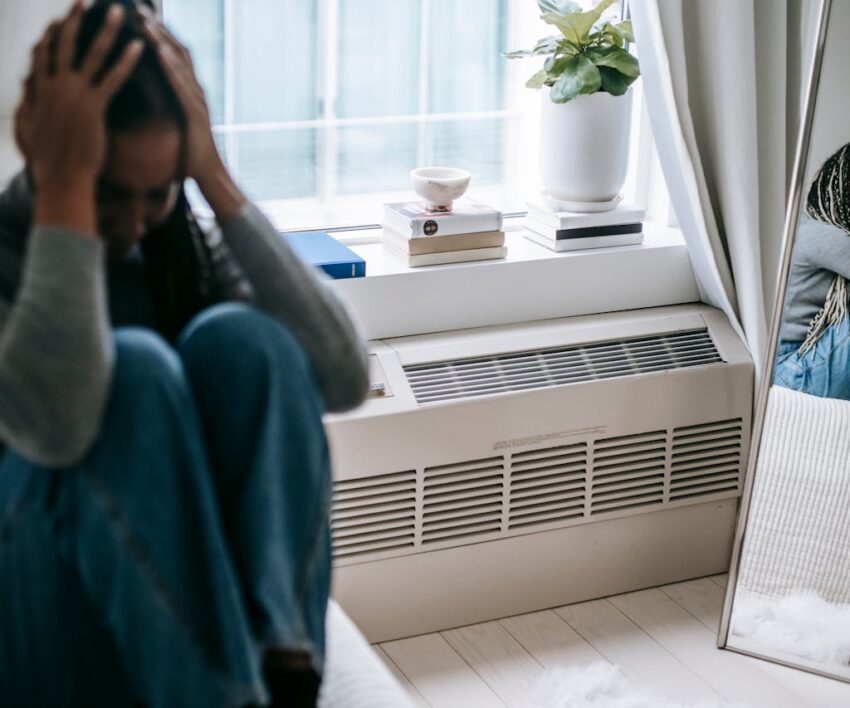It’s easy to become caught up in the cycle of doing too much, too often, for too long when you are constantly telling yourself to keep pushing because the hustle and bustle must continue.
Meanwhile, burnout sneakily creeps in through late nights, missed meals, and the constant pressure to keep going no matter what, and the stress levels do not get any better at this rate.
One moment you’re tearing through your to-do list like a pro, and the next you’re looking at your screen, too exhausted to do anything productive. Your patience fades, you drink more coffee, and even things you once enjoyed become tedious.
Havard Health defines stress response as “Stressful situations that trigger a physical reaction. The brain relays warnings to the muscles, which tighten, and to the adrenal glands, which release stress hormones such as adrenaline and cortisol. These hormones help your body prepare to fight or flee to safety.”
The health-focused publication Healthline claims that increasing physical activity, eating a healthy diet, limiting screen time, taking care of yourself, cutting back on caffeine, spending time with loved ones, setting boundaries, and refraining from procrastinating can help lower stress.
Reducing screen time can also help you sleep better. Walking, taking a bath, reading, working out, and keeping a journal are examples of self-care practices that can help lower stress. Spending time with loved ones and limiting caffeine consumption can also be beneficial. Stress can also be decreased by setting limits and developing the ability to say no, the above health hub further adds.
Also see: The most important relationship to nurture as you grow older














